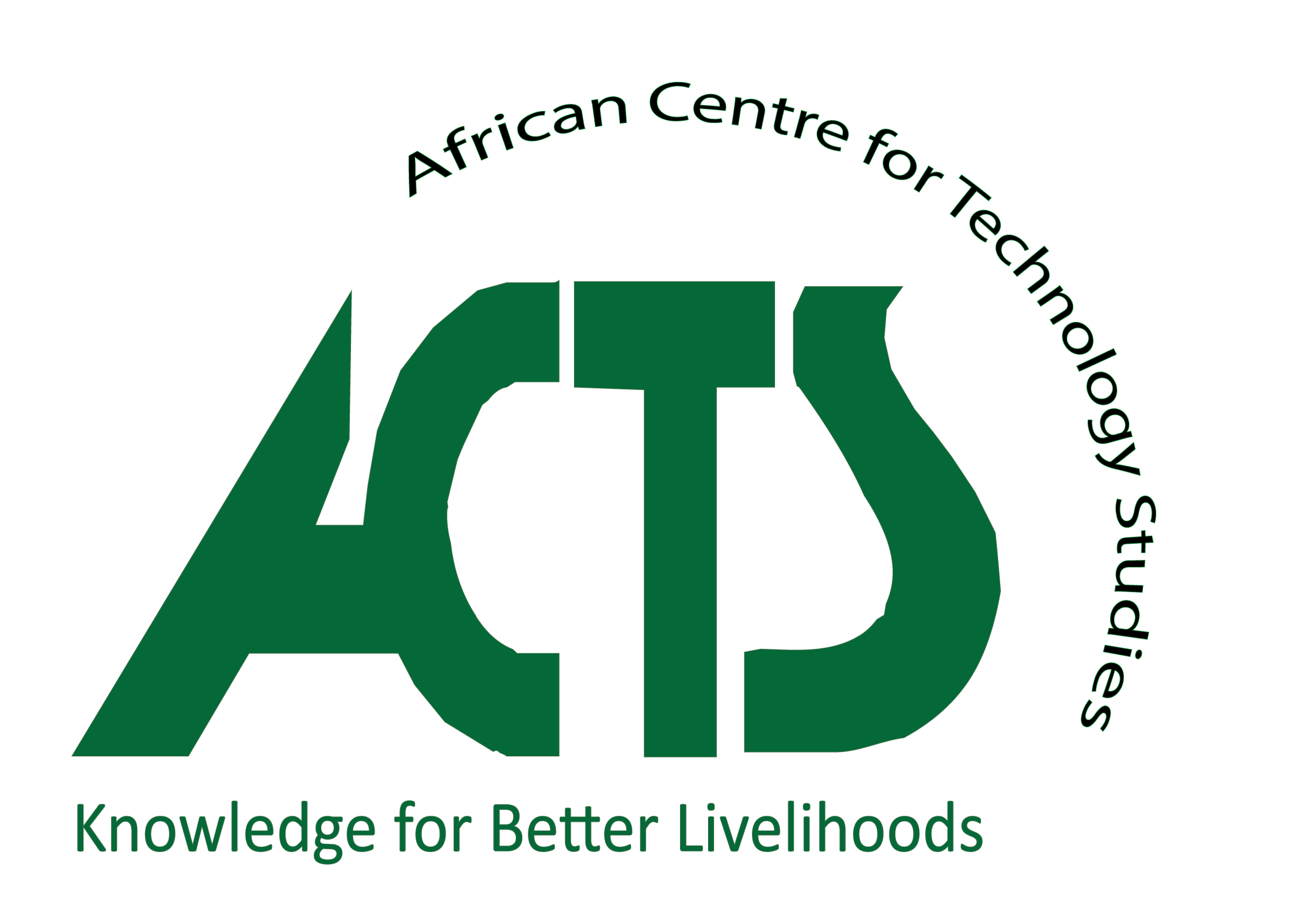By Ruth Njuguna, Head of Clinical Operations, Institute for Transformative Technologies - Low Cost Technologies Project
“Excuse me Daktari, please tell me if my baby is OK”, The woman in the queue said desperately. This woman, 27-year-old Nancy was in second trimester of her pregnancy and had noted decreased fetal movements in the last two days and mild swelling of her feet.
Being keen on her health she had gone to a local dispensary in Lower Subukia but the nurse there had challenges listening to the fetal heart rate using the manual fetoscope. Nancy therefore had to travel 30 kilometers to Subukia town where she sought care at the Subukia Health Center run by the government. Unfortunately, as it commonly happens there was interruption of electricity from the national grid. While Nancy was wondering what to do and where to go next, she heard someone mention that there was a private clinic called Topcare Subukia Medical Center that offered uninterrupted services. Although there was no electricity in the whole of Subukia Town, this medical center had re-chargeable devices that could operate without running power for a few hours.
“Nancy, please relax, we have everything we need to check on your baby as well as yourself”, Damaris, the Nurse-in-Charge reassured her. After taking a brief history, Damaris did a basic examination which revealed mild anemia and edema. She then went ahead and conducted a battery powered Doppler fetoscope scan on her abdomen that revealed a normal fetal heart rate. She also conducted a urinalysis using a Biosense device and a Hemoglobin test using the Healthcubed device. Damaris made a diagnosis of Anemia in pregnancy and prescribed some iron tablets and deworming tablets. Nancy went home assured and promised to come for follow-up at this center, a 500 Watt clinic. Customers like her don’t often have the choices they need so she whole heartedly paid for the services offered at a price that was affordable for her.
The scenario above demonstrates how application of low-energy battery driven technologies are a game-changer in rural areas. In such areas electricity is rarely available and even when connected to the national grid there is frequent interruption of power. Installation of alternative power back-up such as a diesel-driven generator or solar panel is ideal but expensive. Therefore, ready-to-use devices come in handy. Additionally, such devices are easier to operate and can be used by nurses in rural areas who have little or no basic training in complex technologies.
Topcare Subukia Medical Centre is one of the 500 Watt Clinic facilities in Kenya that aims to provide quality affordable healthcare using basic diagnostic technology. While these clinics will leverage on tele-medicine to get expert consultation for complicated patients it is imperative that the diagnostic tools be user-friendly and always ready for use. The 500 Watt Clinics are currently using these devices on trial basis but have already shown great promise. The application of this technology has paid some benefits including affordability, improved quality, enhanced patient confidence and uninterrupted availability.


